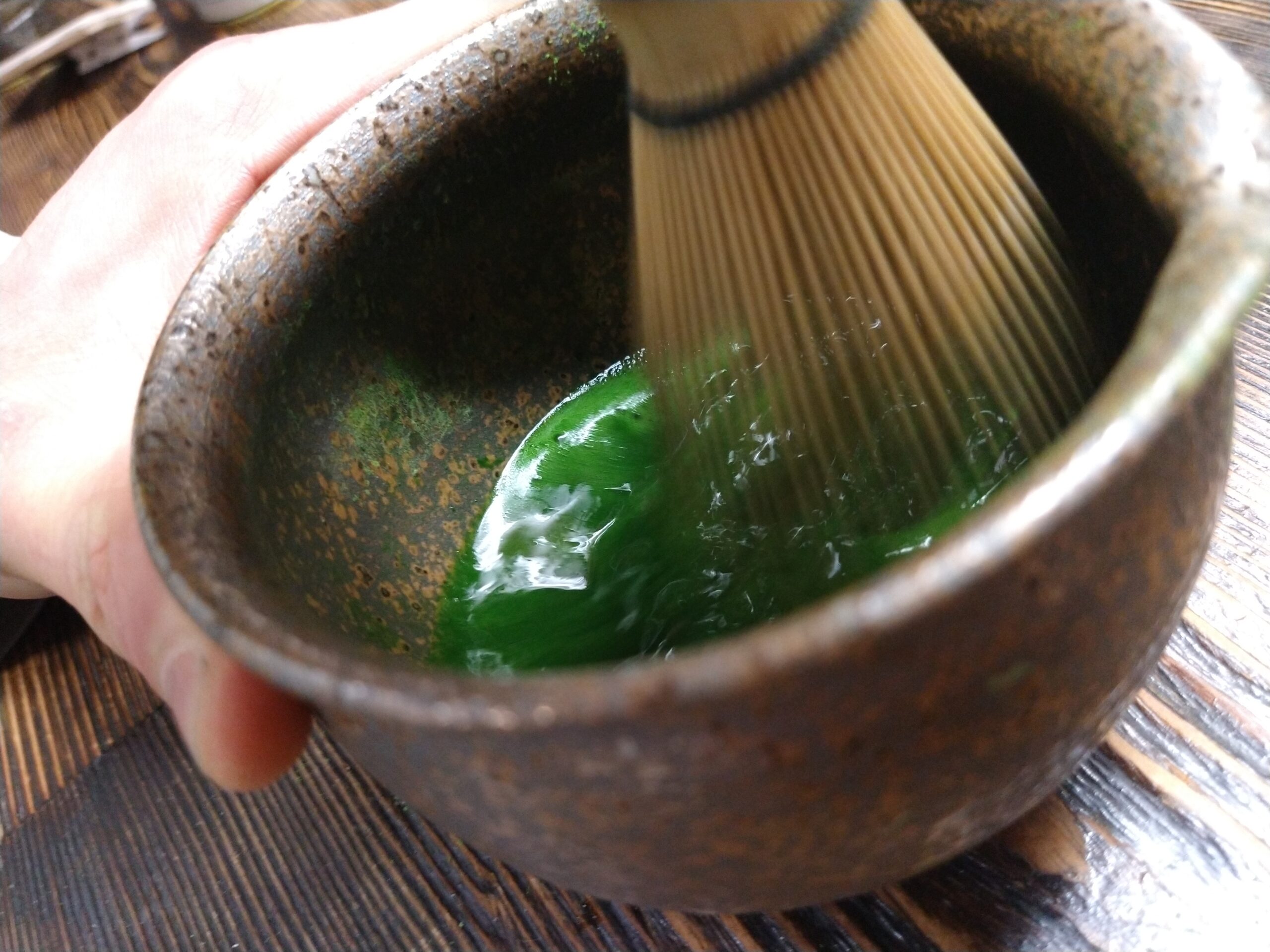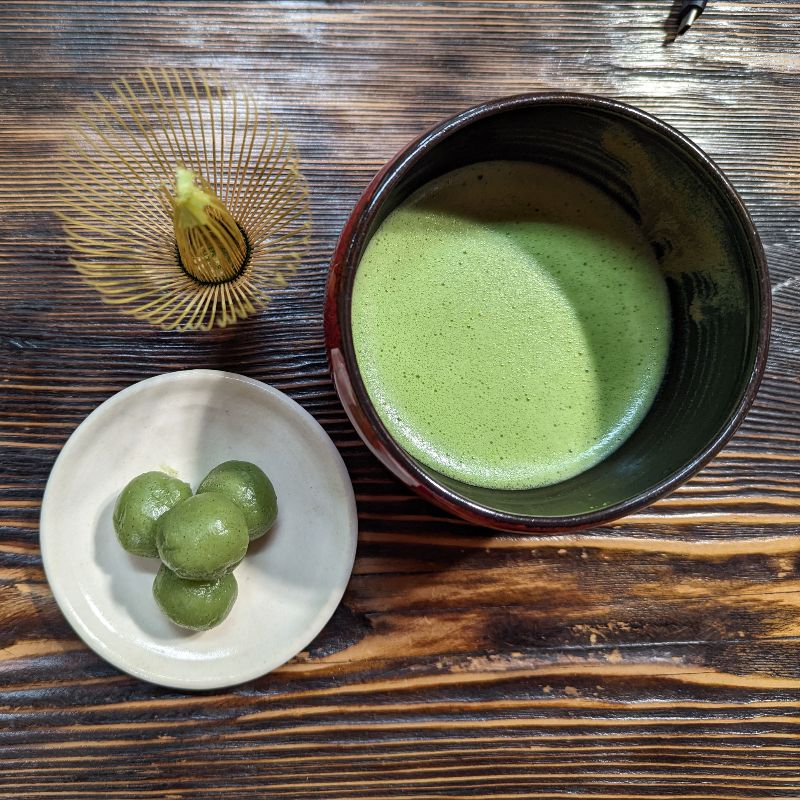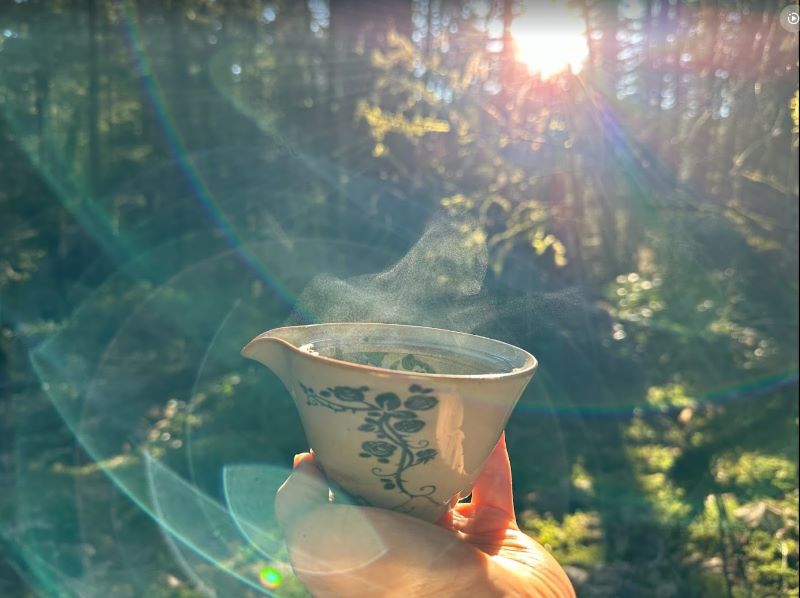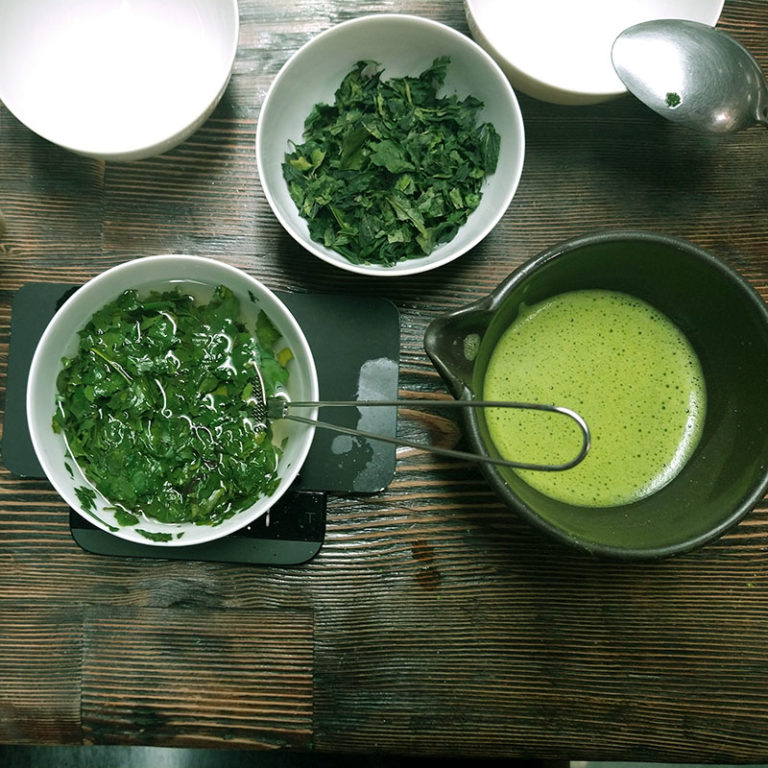
Temperature control. Why does it matter? It’s a good question and we once we continue to explore. There is no right answer.
“Temperature variations of as little as 10°C can make a big impact .”
With maccha, we find that depending on the region, the temperature variations of as little as 10°C can make a big impact. Teas from central Japan are often processed lighter and are subsequently more fragile. 60°C will often bring out a nice balance of umami and fragrance, whereas teas from the south of Japan would taste underwhelming. 70°C will pull out rich flavours in these southern teas while it would highlight a bit too many bitters in premium leaves from central Japan.
“60°C will often bring out a nice balance of umami and fragrance ”
In tea ceremony, temperature is controlled through experience and a good understanding of the starting temperature and cooling as you go with the hishaku (bamboo ladle), streaming the pour, less liquid, etc.
In service, we always recommend that the client uses a temperature variable kettle. We love the Fellow kettles with their analog dials. It makes a huge difference in keeping things streamlined and consistent behind the bar.
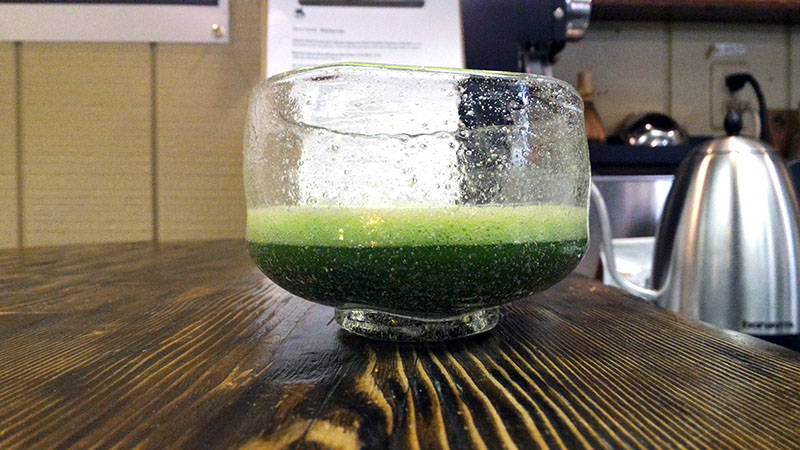
At home we often recommend the vessel transfer system if you don’t have a kettle. Boiling water is 100°C and every time you transfer it into a room temperature vessel it drops 10°C. Kettle to bowl (to preheat) to measuring cup to random cup in your cupboard will get you 3 transfers that you can then just pour on to your tea. Use a thermometer to be sure.
But first, it’s always good to do test. Compare boiling water or “off boil” water on your maccha to a carefully controlled system. We always say that if you don’t notice the difference, don’t make the change. But if you agree with us that too hot of water sharpens the tannins, highlights the bitters, and burns the umami and sweetness, then make the change.
Share this article
Search the blog
JagaSilk Links
Article Categories
Subscribe to our Newsletter
Love maccha? Sign up and get 10% off your first order. You'll also receive new articles and video content!

